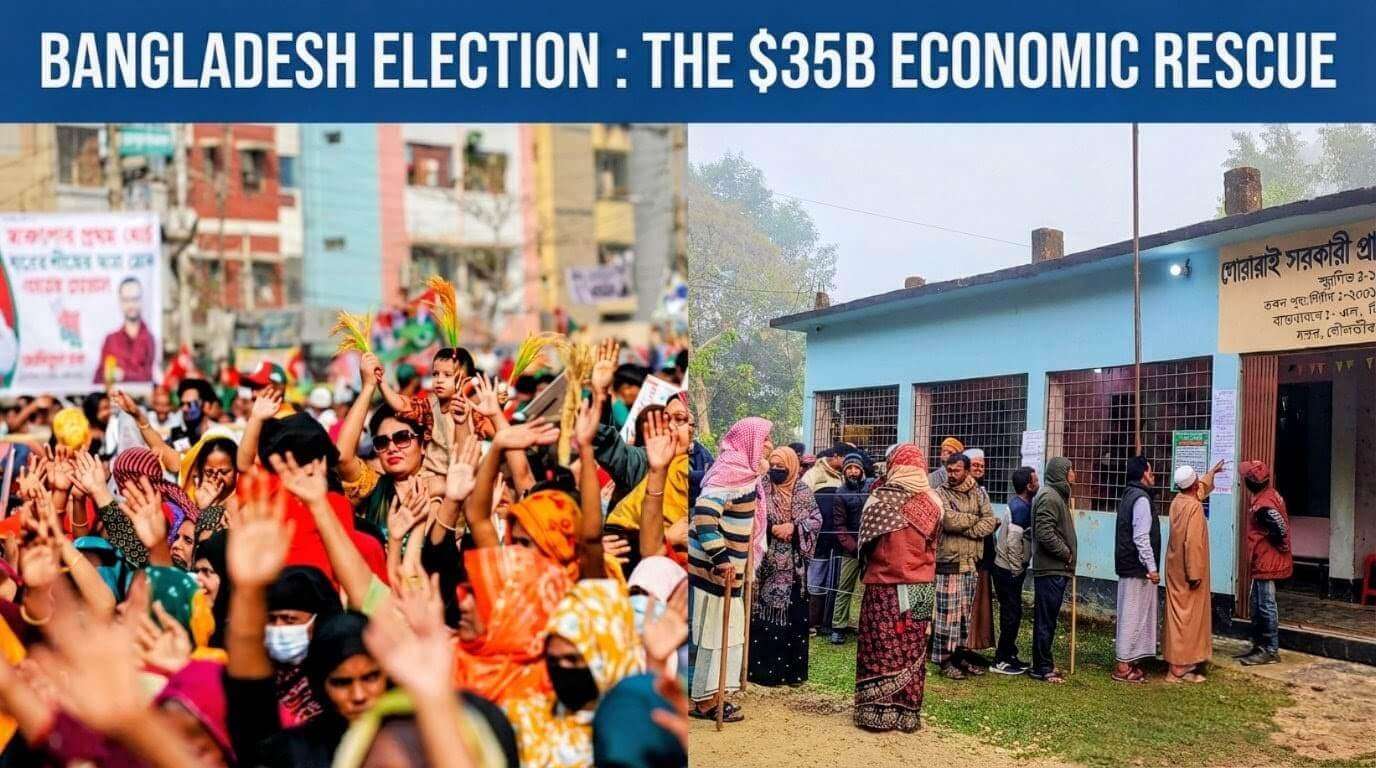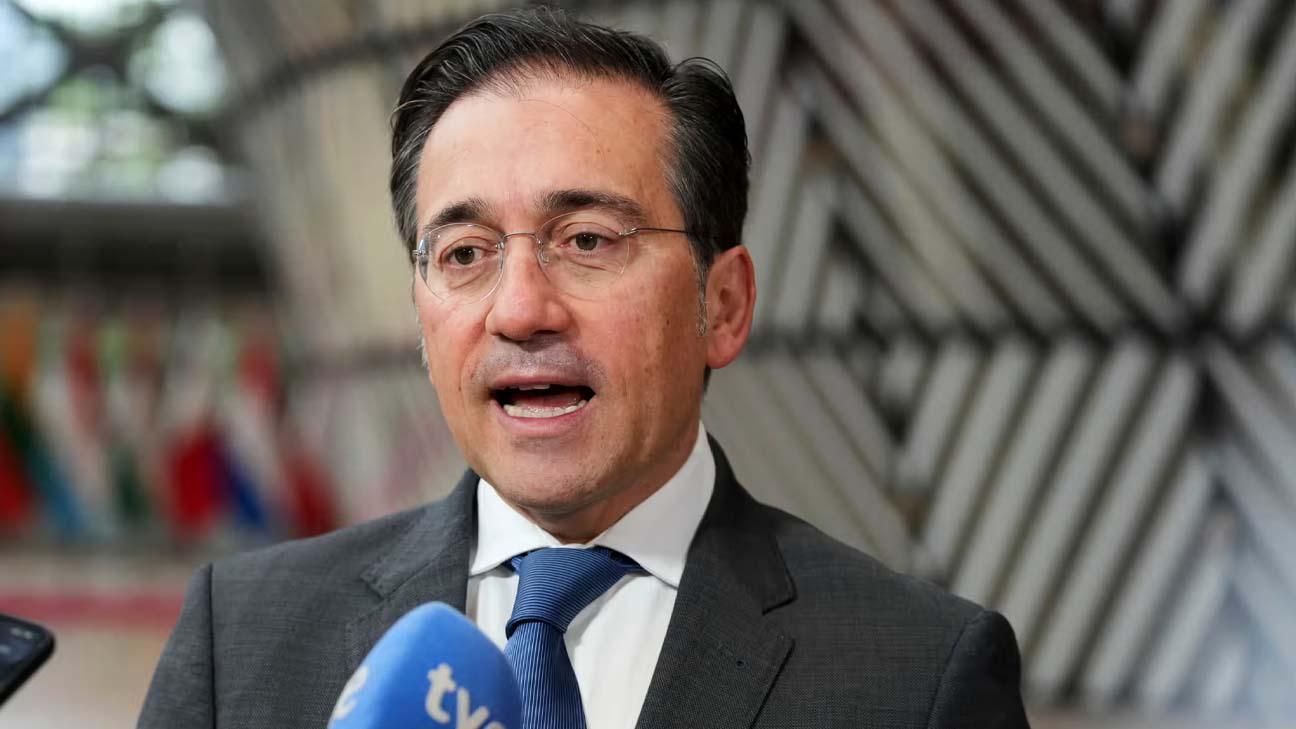U.S. Secretary of State Marco Rubio has urged China to intervene and dissuade Iran from closing the Strait of Hormuz, a vital global shipping lane. His remarks followed reports from Iran’s state-run Press TV that the Iranian parliament had backed a proposal to shut the Strait, although the ultimate decision rests with the country’s Supreme National Security Council.
Rubio emphasized the critical role the Strait plays in global oil supply, especially for China, the largest purchaser of Iranian oil. He warned that any move to block the Strait would be economically disastrous for Iran and could severely impact economies worldwide, far more than the U.S. economy. Speaking on Fox News, Rubio encouraged Beijing to use its influence over Tehran: "If they [Iran] close the Strait, it would be economic suicide."
Roughly 20% of global oil shipments pass through the Strait of Hormuz, making any potential disruption a serious threat to international energy markets. Oil prices spiked in the aftermath of U.S. strikes on Iranian nuclear facilities, with Brent crude initially rising to $81.40 per barrel before easing to around $78, still up 1.4% for the day.
The U.S. has significantly increased its military presence in the region to respond to potential Iranian retaliation. Analysts, including Saul Kavonic from MST Financial, warned that any further escalation could trigger major volatility in oil markets. The cost of crude oil influences a wide range of consumer goods and services, from fuel to food prices.
China, which imported over 1.8 million barrels per day from Iran last month according to ship-tracking data from Vortexa, would be particularly affected by any disruption. Other major Asian nations such as India, Japan, and South Korea also depend heavily on oil that travels through the Strait.
Energy expert Vandana Hari noted that Iran has more to lose than gain by blocking the waterway, suggesting such a move would alienate its Gulf neighbors and antagonize China. “Disrupting the Strait could turn Iran’s allies into opponents and jeopardize its relationship with China,” she told the BBC.
These developments come after the U.S. joined the ongoing conflict between Iran and Israel over the weekend. President Donald Trump announced that American forces had “obliterated” key Iranian nuclear sites, though Iran claimed only minor damage, particularly at the underground Fordo facility. The UN nuclear watchdog said it was unable to verify the extent of the damage due to limited access.
Trump warned Tehran of even harsher consequences should it continue pursuing its nuclear ambitions. Meanwhile, China criticized the U.S. strikes, with Beijing’s UN envoy Fu Cong urging all sides to avoid escalating violence. Chinese state media echoed this sentiment, saying U.S. actions had worsened instability in the region and were pushing the conflict toward a potentially uncontrollable outcome.







_2.jpg)
.svg)

_2.jpg)
